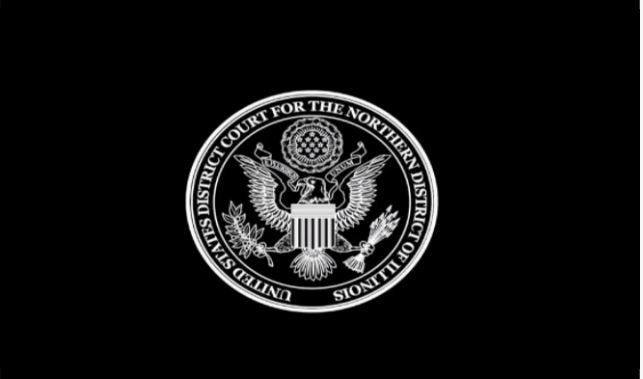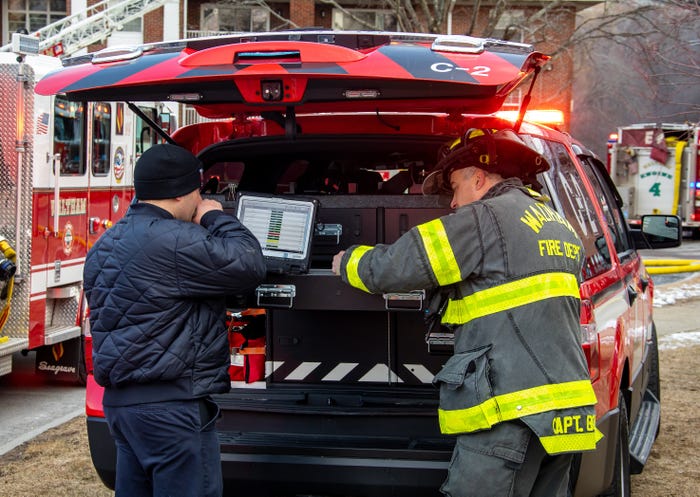More woes for Philly police radio systemMore woes for Philly police radio system
The City of Philadelphia’s police radio system encountered two 15-second outages on Feb. 23 after a Verizon Communications technician inadvertently took out of service a T1 line that provided backhaul for the system
March 25, 2005
The City of Philadelphia’s police radio system encountered two 15-second outages on Feb. 23 after a Verizon Communications technician inadvertently took out of service a T1 line that provided backhaul for the system. Verizon immediately accepted responsibility for the error and confirmed that the outages had nothing to do with the 800 MHz system deployed by Motorola, which a police official said has been working properly since August of last year.
“It’s frustrating,” said Verizon spokeswoman Sharon Shaffer. “People work very hard and are committed to keeping this at a high level of operating efficiency, and this was just a mistake. But we have to own up to it, and we did.”
A commercial customer had called Verizon to report problems with its T1 line. The Verizon technician dispatched to the scene typed the wrong identification code for the line, which resulted in the police department’s line wrongly being taken out of service for testing.
The incident comes on the heels of three incidents in December that the police department also blamed on Verizon. In one, a Verizon technician left a T1 line used for backhaul in test mode. When the system flipped into backup mode–which it does every other day as a means of ensuring lines are working properly–the line was unavailable.
“We’re feeling the pain of this, too,” said Shaffer. “We simply will continue to review with every employee who has anything to do with the city’s account, so there’s an assurance that everybody understands that procedures need to be followed.”
Charles Brennan, the police department’s deputy commissioner of technology, was pleased that Verizon took immediate ownership of the latest snafu.
“The real worth of a vendor is not so much that nothing is going to go wrong, because on a big project like this–I think it was $52 million–things are going to go wrong,” Brennan said. “It’s how they respond when things go wrong. That’s how I measure a vendor. They don’t hide their heads in the sand. Good vendors step up to the plate and say, ‘We screwed up, we’ll fix it,’ and Verizon, to their credit, did that.”



